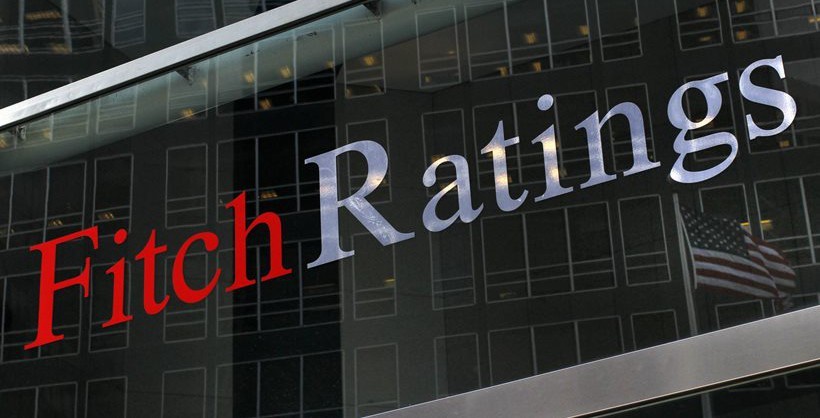Depositors with cash in still capital control-plagued Greek banks will possibly avoid a haircut when the country implements the Bank Recovery and Resolution Directive (BRRD), Fitch Ratings announced on Wednesday. Nevertheless, the agency warned that is prospect exists if the directive is imposed by the end of the year.
The country approved the BRRD legislation on July 22.
The Fitch report reads:
“It is likely the relevant authorities will try to exercise available discretion within the Bank Recovery and Resolution Directive (BRRD) to avoid imposing losses on some creditors of Greek banks, particularly depositors, says Fitch Ratings. Discretion may be more limited from 2016, when the BRRD and the EC’s Single Resolution Mechanism come fully into effect, so whatever treatment is applied to Greek banks may not establish a precedent for how BRRD will be applied in other countries. Greece voted in its BRRD legislation on 22 July.
Under the EUR86bn bail-out agreement between Greece and its European creditors reached on 14 August, EUR25bn is earmarked for the banking sector to address recapitalisation and resolution costs. A EUR10bn tranche will be disbursed on Greece’s request and confirmation of the amount by the Bank of Greece, the country’s resolution authority. The balance is to be made available no later than 15 November, subject to completion of an Asset Quality Review and Stress Test (AQR) and implementation of steps to tackle impaired loans and address financial sector reform and governance.
Few details about the AQR have been released but it seems likely that every effort will be made to complete it promptly. We previously estimated that EUR25bn would be sufficient in a “Cyprus style” scenario, provided deferred tax assets of about EUR20bn remain recognised. Further Fitch opinion on the recapitalisation of Greek banks can be found in the report available by clicking the link below.
Eurogroup members stated on 14 August that following the AQR the bail-in instrument will apply to senior debt bondholders, but not depositors. The Eurogroup statement presumably refers to uninsured depositors, as insured deposits are specifically excluded from bail-in under the BRRD.
Privately held senior bonds of the four largest Greek banks only totalled EUR4.7bn at end-2014, so their available loss-absorbing capacity is limited. But the banks also issued EUR49bn government-guaranteed Pillar 2 bonds. Imposing losses on these could be difficult as they are pledged in support of Emergency Liquidity Assistance from the Bank of Greece. The BRRD does provide for discretionary exemption of certain liabilities within the senior class (for example to avoid disrupting the real economy or to maintain critical functions), but concentrating the losses on a single class of creditor (privately held senior bonds in this case) could expose the authorities to compensation claims under the “no creditor worse off than in liquidation” safeguard.
The objective of BRRD is to minimise the cost of bank failures to the state and taxpayers but it recognises that there are still some limited circumstances under which authorities may provide support instead of imposing losses in full on private creditors. Public support can only be made available to a bank in resolution once shareholders and creditors have contributed to loss-absorption and recapitalisation an amount not less than 8% of the bank’s liabilities (including own funds), and any public-sector support is subject to the applicable rules on state aid. We will only know what instruments become exposed to bail-in once the AQR results are published and the amount of capital needed for the banks is known.
The BRRD also allows “precautionary recapitalisation” by the government of banks without triggering resolution, under certain conditions. It requires a stress test or other assessment to be conducted by the authorities (the AQR would appear to qualify), but can only be provided to solvent banks deemed not to meet the conditions for resolution.”




































